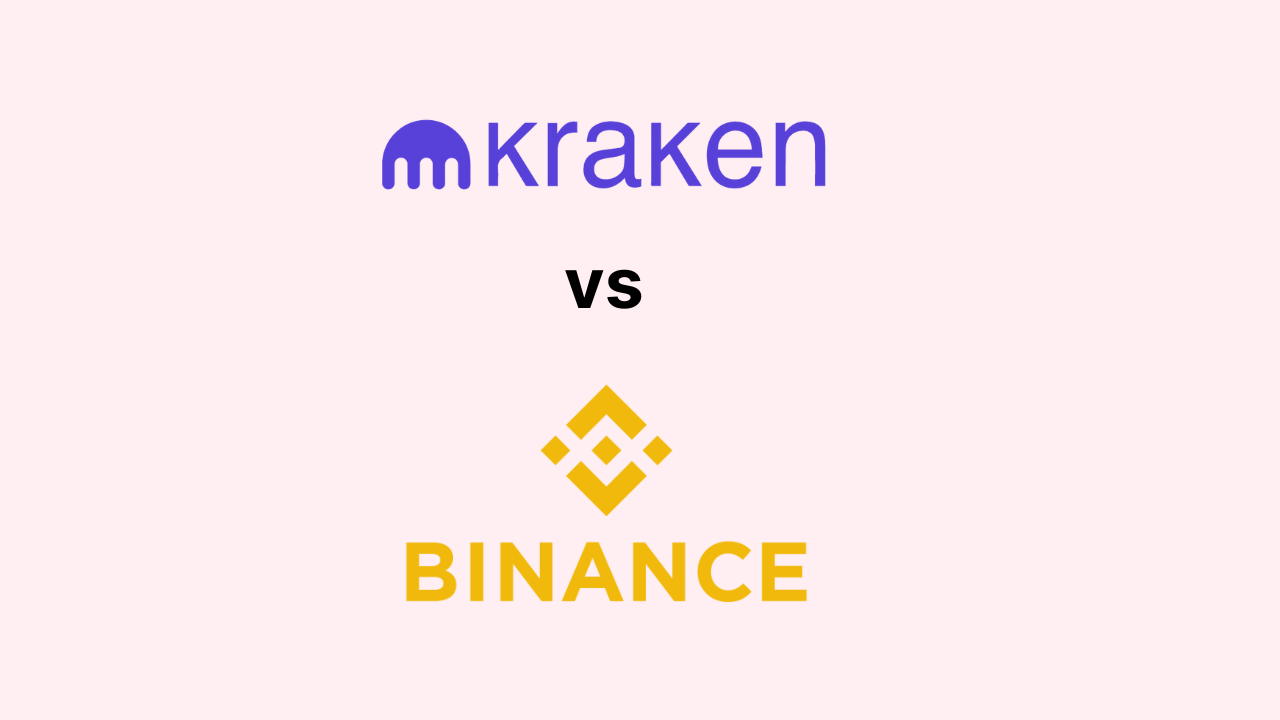Language:
Promoting Accountability: The Corporate Transparency Act

The Corporate Transparency Act (CTA) was passed on January 1, 2021, in a bid to prevent money laundering, corruption, tax fraud, and other financial crimes. Congress has long been of the view that bad actors have continued to use shell and front companies to obscure their identities and move their ill-gotten gains through the US financial system.
The act primarily introduces a new reporting requirement for companies registered in the US or conducting business in the country. This measure is aimed at improving transparency and accountability. Let’s take a closer look at what this act aims to achieve and how business owners need to comply with the new requirements.
What is Covered Under the Corporate Transparency Act?
Money laundering is what’s effectively covered under this act. It has been conceived as a mechanism to make it difficult for bad actors to move their dirty money through the US financial system. Before the CTA was enacted, there was no uniform beneficial ownership information reporting requirement in the US. This prevented law enforcement agencies from adequately investigating entities that were potentially being used for illegal purposes.
Since existing and new entities in the United States will need to provide ownership information, it will become harder to move dirty money through a web of shell companies and other entities where the real identity of the ultimate beneficial owner isn’t known. Not only will this help law enforcement agencies in the US effectively prosecute offenders, but it will also help the US global treaty partners to achieve their tax goals.
What Is the Purpose of the Act?
The purpose of the Corporate Transparency Act is to create a national registry of reporting companies that are now mandated to provide information about beneficial ownership to the Financial Crimes Enforcement Network or FinCEN. It was born of the view that only with the availability of ownership information would it be possible to effectively combat corruption, tax evasion, money laundering, and other crimes of a similar nature.
It would go a long way in enabling the United States to preserve the integrity of its financial and tax system. It took nearly a year after CTA was enacted for a notice of proposed rulemaking to be issued. The proposed rules were ultimately published on September 30, 2022. The final rule has since been published by the FinCEN.
According to FinCEN estimates, there will be at least 32 million entities that are required to submit beneficial ownership information reports on January 1, 2024, which is the effective date of the final rule. Once this reporting requirement comes into force, it’s safe to say that anonymous shell companies will effectively be banned in the US.
Who Is Required to Comply with the Act?
Reporting companies are required to comply with this act. The final rule defines a reporting company as any limited liability company, corporation, or similar entity that’s either created by the filing of a formation document with a secretary of state or a similar office or formed under a foreign country’s law and registered to conduct business in the United States.
This means that if you’ve set up an LLC for your small business, you’ll be required to provide the relevant information under the CTA. These regulations don’t apply to any entity that has over 20 full-time employees in the US, more than $5 million in gross receipts or sales, and a US-based physical office.
What Is Expected of Companies Under the Act?
It’s expected that eligible companies will file a report with the FinCEN carrying information about each beneficial owner and company applicant of the entity. The information that’s required to be disclosed includes the full legal name, date of birth, current residential or business street address, as well as a unique identifying number from an ID document such as the passport.
An individual is considered to be the beneficial owner of an entity if they directly or indirectly have substantial control over the entity, such as by owning or controlling at least 25% of the ownership interest.
The information must also be provided for the company applicant. A company applicant is the one who filed an application for the formation of the business entity. In the case of foreign entities, the company applicant would be the individual that files the application to first register the entity to do business in the US.
What Are the Penalties for Violating the Act?
Substantial penalties have been provided in the law for violating the CTA, so it would be best to fulfill this regulatory requirement if it applies to your company. Those who don’t comply with these reporting requirements once they come into effect will be liable for both criminal and civil penalties. These will include a maximum civil penalty of $500 per day till the violation continues, a fine of up to $10,000, as well as imprisonment for up to two years.
Compliance will be fairly simple. FinCEN is developing an online system where the ownership information will be reported. There will be no fee for making these filings. Beneficial ownership reports aren’t required before January 1, 2024. The online system is currently being developed and will be live before then.
Existing reporting entities will have until January 1, 2025, to make their filings. New entities created on or after January 1, 2024, will have to file their reports within 30 calendar days.
Benefits of the Corporate Transparency Act
The Corporate Transparency Act has been enacted with a very specific purpose in mind and that’s to primarily reduce the flow of illicit money into the US financial system. To that end, it introduces a significant regulatory step. Listed below are some of the benefits of the act:
- Increased transparency and accountability
- Effective prosecution of financial crimes
- Preventing money laundering
- Strengthening the US financial system
- Increasing tax collection
- Leveling the playing field for legitimate US businesses
Challenges of Implementing the Corporate Transparency Act
As with any change of this magnitude, there have certainly been many challenges in pursuit of the implementation of this act. The proposed rules took over two years to be finalized after the act came into force.
Here are a few of the changes that were faced while implementing the CTA:
- Inadequate awareness among existing and new business owners.
- Lack of transparency may put off some legitimate business owners.
- A significant number of existing reporting companies must be reminded to file the report.
- This may result in a higher cost of doing business as businesses would likely pay their lawyer or advisor to file on their behalf.
Transparency and Accountability are Great for Your Business
Most small business owners have welcomed the new act as they generally don’t mind enhanced transparency and accountability across the board. Similarly, a business must strive to ensure transparency in its books as well. This makes life much easier come tax season.
Gone are the days when you’d need to hire a full-time bookkeeper. With Doola’s bookkeeping service, your business books are instantly taken care of even as you maintain full visibility about income, expenses, etc. You can close them instantly with one click at the end of the year and head into the tax season worry-free.
FAQs
Can companies opt out of disclosing their beneficial owners?
Reporting companies can’t opt out of disclosing their beneficial owners. The CTA provides no concept of a discretionary disclosure. All eligible companies will be required to provide their ultimate beneficial ownership experience.
How will the information that is collected under the Corporate Transparency Act be used?
The information that’s collected under this act will be utilized to enhance monitoring of the US financial system to prevent illicit money from entering it. It may also be used to help law enforcement agencies prosecute financial crimes more effectively.
Can the public access the information collected under the Corporate Transparency Act?
The public will not have access to the information collected under the Corporate Transparency Act. It will only be shared with select government bodies and law enforcement as and when required through a highly secured online system.
How does the Corporate Transparency Act affect small businesses?
This act has a minimal impact on small businesses. Those businesses that are already in operation have until January 2025 to file their details. It’s only after January 1, 2024, that small businesses will be required to jump this additional regulatory hoop.
Will the Corporate Transparency Act impact international companies doing business in the US?
This act will impact international companies doing business in the US as they will be subject to similar reporting requirements as businesses based in the US. The enhanced data disclosure may also help their parent jurisdictions pursue their tax claims more rigorously, provided they’re a US treaty signatory.
Keep reading
Start your dream business and keep it 100% compliant
Turn your dream idea into your dream business.














